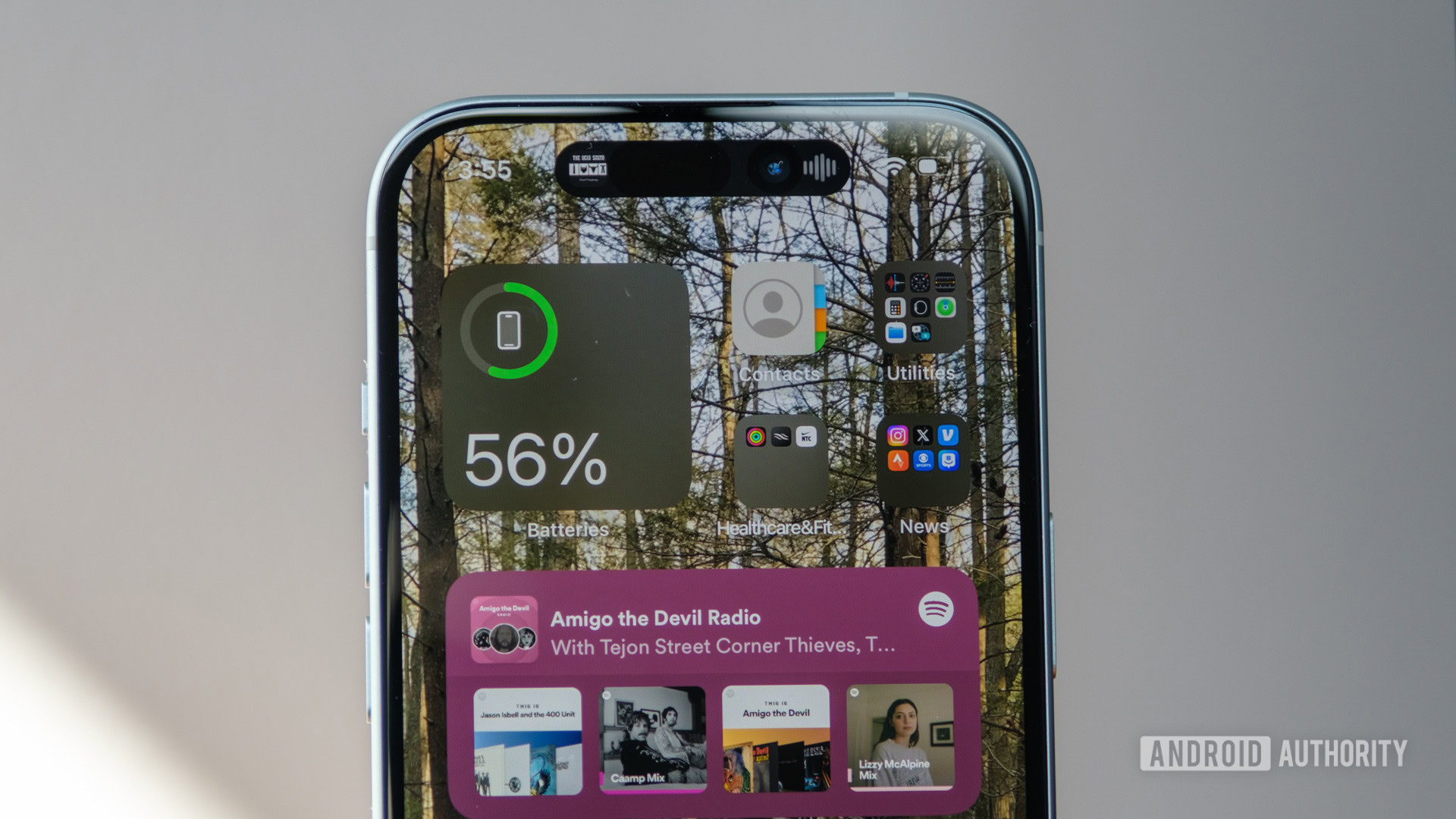Affiliate links on Android Authority may earn us a commission. Learn more.
Apple will let some users sideload apps from the web, but (surprise) there are some big catches
Published onMarch 12, 2024

- Apple will soon allow “authorized developers” to distribute apps directly from their website without any app store in the middle.
- However, the eligibility for being an “authorized developer” is very high and involves paying the contentious Core Technology Fee.
- Apple is also relaxing conditions around third-party marketplaces and how developers can design promotions when linking out to purchases.
Apple is forced to make some sweeping changes to how iOS and the iPhone work, primarily due to the EU’s Digital Markets Act. For the first time in its history, the company has to officially allow for sideloading apps on the iPhone through competing third-party app stores. Now, Apple is changing its sideload policy, allowing iOS users in the EU to install apps directly from websites without an intervening app store from Apple or the competition.
Specifically for EU users, iOS 17.4 includes some significant changes to the iPhone and Apple App Store in compliance with the EU’s Digital Markets Act. Users can download and use alternative app stores in the EU region and even set them as default.
Apple is expanding on these changes for the EU (as spotted by 9to5Mac), allowing developers to distribute apps directly from their website. “Authorized developers” will be allowed to distribute iOS apps to EU users directly from a website owned by the developer, and this ability will be made available with a software update later this year. Apple will also provide these developers access to APIs that facilitate the distribution of apps from the web, integrate with system functionality, back up and restore users’ apps, and more.
While this is good news, not all developers will qualify as “authorized developers.” Apple’s Web Distribution Eligibility Terms mention that, amongst other requirements, the developer should have an app with more than one million first annual installs on iOS in the EU in the prior calendar year. This itself would significantly trim the developers who are eligible for Web Distribution. Further, developers will have to pay the contentious Core Technology Fee of €0.50 for each first annual install over one million in the past 12 months, which may not be the most economically favorable terms for the developer to opt in to.
Beyond Web Distribution, Apple is also making some other changes. Third-party marketplaces can now offer apps solely from themselves, without including apps from other developers in the mix. Developers now also have more freedom in how they can design promotions, discounts, and other deals when linking out to purchases. Apple provided mandatory design templates for these, which have now been made optional.
Apple’s sideload policy is now a bit closer to Android than it was to the predominant vision of iOS. Allowing apps to be installed directly from websites is similar to how developers can distribute APKs from their websites, but the onerous eligibility requirements will unlikely make this a popular option. We will have to wait and watch how many developers opt to distribute their apps this way.